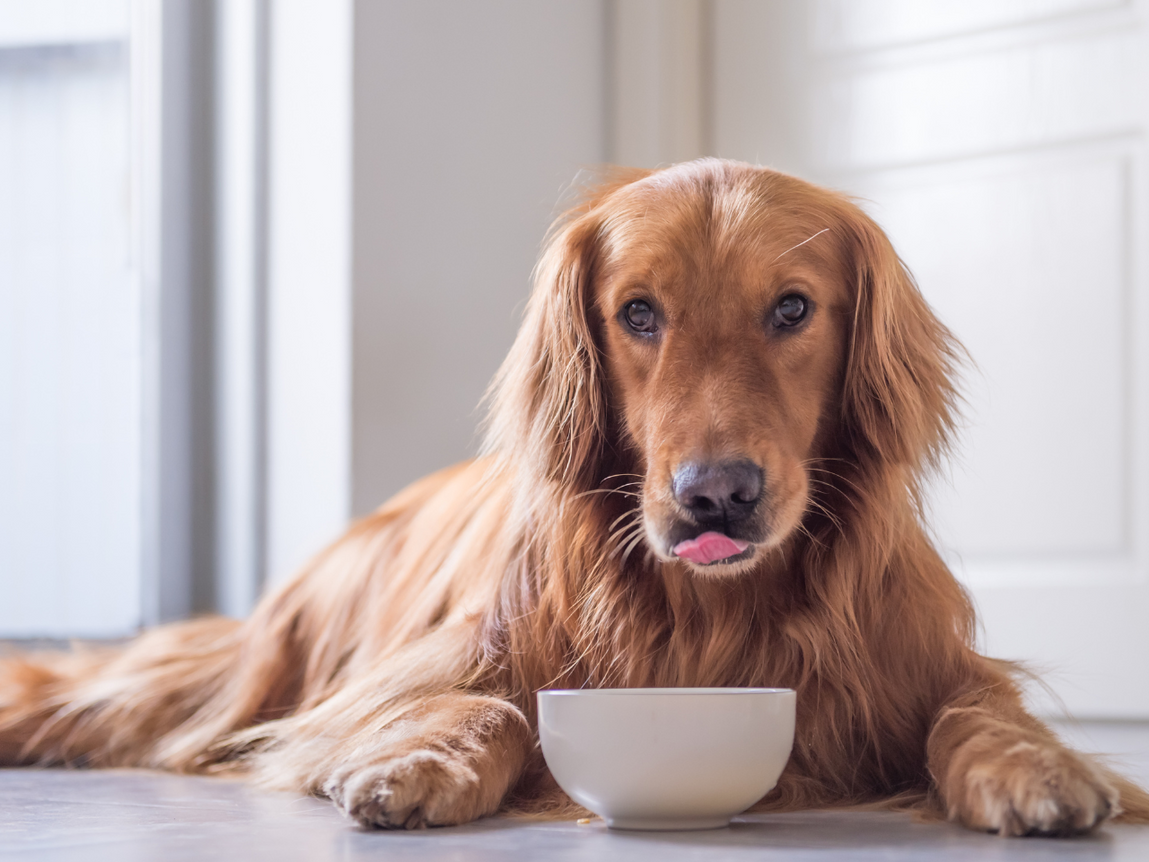In the vast landscape of human foods, not everything that's tasty to us is suitable for our furry friends. It's crucial to be aware of which snacks can pose risks to our dogs' health.
So, let's dive into an informative exploration of the foods that are best left off the canine menu, ensuring our pets stay happy and healthy.
Chocolate: The Hidden Hazard

While chocolate is a beloved treat among humans, it's a different story for dogs. Containing theobromine and caffeine, a compound that dogs can't metabolize effectively, even a small amount of chocolate can lead to serious health issues for your dog. Dogs process theobromine and caffeine slowly, which allows these toxic compounds to build up in their systems and cause clinical signs associated with chocolate toxicity. The darker and more bitter the chocolate, the more dangerous it is for dogs. It’s a reminder that our indulgences aren't always safe to share.
Grapes and Raisins: Small but Dangerous
Despite their healthy image, grapes and raisins can cause severe kidney problems in dogs. The exact toxin causing this reaction isn't fully understood, but the risk is significant enough to warrant keeping these fruits out of reach from your canine companion.
Onions and Garlic: Common yet Toxic
These kitchen staples might add flavour to our dishes, but they can lead to anaemia in dogs by damaging their red blood cells. This reaction can happen with both raw and cooked forms, highlighting the need to be cautious with food scraps and dinner plate offerings.
Avocado: More Than Just a Choking Hazard
Avocados contain persin, a toxin that can cause health issues in dogs, along with gastrointestinal obstructions due to their large pits. While not all dogs react severely to avocado, it's better to err on the side of caution and avoid sharing this fruit with them.
Xylitol: A Sweet Threat
This sugar substitute found in sugar-free gums and candies can be lethal for dogs, causing a rapid insulin release that leads to hypoglycaemia and, in severe cases, liver failure. Vigilance is essential when it comes to keeping xylitol-containing products well out of your dog's reach.
Alcohol and Caffeine: Off-limits
The idea of sharing these beverages with dogs might seem unlikely, but accidents can happen. Both alcohol and caffeine can have toxic effects on dogs, leading to anything from nervous system problems to heart issues. It’s crucial to keep such drinks away from curious canines.
The Path to Safety and Well-being
Understanding the foods that pose risks to our dogs is the first step towards ensuring their well-being. By keeping these items out of their diet and focusing on feeding them dog-safe foods, we contribute to their health, happiness, and longevity.
If you're ever unsure about a certain food, it's best to consult with a vet rather than risk potential harm to your pet.







